Welcome to Net Group’s answers to the most pressing questions that developers have when deciding to start or continue their career at a company. As a top-tier technology company in Estonia, we understand the importance of a positive work environment, meeting performance criteria, and professional growth opportunities.
We also appreciate your wish to peek inside our office culture or simply better prepare for future interviews no matter if it’s with Net Group or any other company. Whatever the case, we want to aid you along your journey and perhaps save you from worries and hurdles in doing the gruesome research.
That’s why in this article, we’ll tackle nine of the most frequently asked questions by developers on topics ranging from company culture and values to our advice for those seeking to advance in their careers. So, let’s dive in and get started!
1. Let’s say you hire me. In a year, how would I know I’ve done a good job before we go into a performance review?
Once you decide to let us in on your career path, we’ll take a couple of steps to ensure your role and our expectations are clear and well-communicated.
Together with our team lead you’ll set the goals that you believe you can accomplish. The goals will nudge you to engage in desirable behavior to reach them: trying at solutions, making mistakes, asking for help, and teaming up with others. The process won’t be a breeze and it also won’t leave you in uncertainty, exhaustion, fear, or doubt. In a nice blend of enjoyable and challenging, we’ll make sure to utilize your strengths, not emphasize your weaknesses!
At Net Group, we believe that happy work breeds the greatest outcomes. We don’t just foster a sense of selfless and meaningful teamwork, we need it to permeate every area of our company culture. From the way we talk with one another, to the way we relax after duty, each piece of the puzzle plays a crucial role in building an atmosphere that nurtures innovation, collaboration, and as a consequence, success. That’s why we take notice when we see you enjoying a rum with your peers or bursting out into a random smile – it shows us that you’re not just here for the job but for the wholesome experience of being an integral part of our force.
2. Are people in your company expected to work collaboratively or independently?
At Net Group we try to make organizational arrangements so you can be your own manager. Needless to say, it is not always easy and demands moving a lot of pieces around. But in the end, we do trust you in making the right decision for yourself.
We believe that everyone should have the opportunity to work on projects they’re passionate about – just like Henrik, our innovation field professional. Henrik’s affinity for being able to start from scratch and work independently has led him down a path of success at Net Group. “During four years, I have been able to do many different tasks, and if you get the feeling that something is getting boring, there is an opportunity to change direction,” says Henrik. His example goes to show that opportunity to choose your own projects is one of the most important factors in workplace satisfaction.
To finally answer the question – we do believe you need to be able to work both collaboratively and independently. Cherishing both attitudes makes a solid foundation we need to entrust you with the freedom of self-management. Most importantly, it sets us apart as a thriving collective.
3. Looking at people who have held this role previously, what differentiates the people who were good at the job and those that were great at the job?
No matter the angle, the answer always distills down to a single differentiator: a growth-oriented mindset. Believing that there’s always room for improvement and growth with new projects has always put top performers at an apex in Net Group. Whether it’s adapting to new circumstances, learning from criticism, experimenting with new approaches, or welcoming failure, those nourishing this mindset tend to perceive roadblocks as challenges, not sources of frustration.
The reality is that obstacles are part of a developer’s job, and people who come to accept this on a daily basis tend to be less sidetracked by them. In fact, the realization opens the door for problems to get solved, for bugs to become features, and for code to morph into an experience.
4. What advice would you give to someone starting as your employee?
Fail fast, learn as fast – it is okay to fail, even better when you learn from it. Just like a collectible, a failure collected early and fast is worth a lot more later on. Staying agile in failing and learning allows Net Group as a whole to faster determine the value of a project and move on to better approaches more swiftly.
Feedback is a two-way street – one time you’ll be on the receiving end, another you’ll be voicing one. Whatever the case, it’s part of being a team member in Net Group. Just like daily stand-ups, we like giving and receiving feedback early so the frustration doesn’t build up to a boiling point.
A fool for a moment – Whenever you struggle to see the way out of a problem or just flat-out need help, ask! We don’t encourage shaming for questions asked and we sure don’t cherish a culture that rots in silent ignorance. Transparency, honesty, and inclusion over falsity and mockery. It’s what we abide by.
5. Where is Net Group headed in the next 5 years?
- Scaling up the workforce to increase value for clients and employees.
- Expanding global reach through greater participation in international projects.
- Advancing Estonia’s standing as a leader in fully digitized democracy.
- Establishing new subsidiary companies to fuel innovation and growth.
- Developing competencies to deliver grade-A services, including digital health, CTO as a Service, and other leading-edge initiatives.
- Enhancing digital accessibility across all channels and platforms.
6. What qualities do you think I need to succeed as a developer in your company?
- Solution-oriented: You don’t get bogged down by challenges, instead, you focus on finding workable solutions that meet end-user’s needs.
- Growth mindset: The entire culture is growth-oriented and if you’re wired the same way, we’d like you onboard.
- A team player: Software engineering is a team sport. We like people that are quick to offer assistance and comfortable asking for help when needed.
- Meaningful work over work: Solving real-world problems, making a positive impact in society, and creating innovative solutions. That’s what you’re in for.
- Taking ownership: You’re accountable for your work and you take ownership of your project, from production to release.
- Receptive of feedback: Criticism and constructive input – you actively seek it out from colleagues, stakeholders, and even users.
7. What do you like best about working for Net Group?
Most of our workforce listed the following reasons as a culprit for them sticking around our offices:
- Collaborative Culture: Supportive colleagues who foster a culture of collaboration and inclusivity.
- Transparent Communication: Progress in fostering a positive work environment where people feel heard and appreciated.
- Streamlined Workflows: High-quality hardware and the latest systems decrease manual work and streamline efficiency.
- Comfortable Workspaces: Comfort, ergonomics, productivity, and creativity – we made an extra effort to make it all attainable.
- Vibrant Social & Professional Scene: Company and team events, leisure activities, and also hackathons, educational workshops, and online training.
- Meaningful Projects: A strong sense of the reason behind all the work our employees immerse themselves into.
- Flexible Work Arrangements: Hybrid workplaces and flexible working hours, and freedom to balance work and personal lives.
- Autonomy and Accountability: Freedom to organize one’s own work and trust and logistic arrangements that stand behind it.
- Customer Satisfaction: (Over)delivering quality services creates a sense of fulfillment and cohesive ambition.
8. What is Net Group’s company culture like?
For more than 20 years, Net Group has been a cool place to work for many talented people. The company is large enough to ensure stability and yet small enough to be flexible. It’s also old enough to give you a strong impression of its rich history and worthy accomplishments collected over the decades. Of course, a young workforce, innovative mindset, and forward-looking aspirations will make it obvious we’re leaning more toward the future – a lot more.
Now, the best part, and the building blocks of a culture – people.
Mihkel, one of our tenured employees that’s been with us for over 14 years, still dashes to work even to this day. One of the reasons why it may be so, in his words at least, is the absence of structural barriers within the company: “You can freely walk into the CEO’s room at any time and ask him something. You never have to worry about him being five levels higher than you.”
Tester Teele, a fresh addition to the Gamma team, thinks likewise: “It was very easy to integrate into the team because the people are nice and helpful. My teammates help me settle in. That’s why I come to work every day with great pleasure.”The company culture goes way beyond just politeness and a laid-back collective. Mihkel goes on to give a more nuanced answer and an underlying factor as to why this collective feels comfortable at work – no matter the hierarchical position: “Sometimes the work is difficult and not all tasks are done with the same enthusiasm. But the environment is inviting, and you have a sense that everything can eventually get done” stated Mihkel. “Colleagues don’t just listen, they also always give good advice. No one is breathing down your neck in any uncomfortable way.
9. Are there any obstacles affecting Net Group’s employees internally or externally? If so, what are they?
First, there is a shortage of skilled developers on a global level and supply is especially limited in the regions where Net Group is operating. Secondly, there is high competition and cost associated with hiring developers. Due to the shortage of skilled developers, companies have to compete with each other to attract and retain the best talent, which drives up the cost of attracting talent and hiring. Something we are willingly accepting. Finally, the recruitment process for developers is a never-ending cycle. Finding the right candidate through interviews, testing, and conversations with referrals, aside from optimizing the process so each recruitment gets done within a short timeframe, asks for the help of team leads that are taken on other projects.
One internal difficulty that arose from offering employees the freedom to choose their own work is logistics. It can be challenging to ensure that every employee is invested in a project that sparks their interest while also maintaining productivity and meeting business objectives. In addition, employee rotation between different teams and projects can pose a challenge in terms of keeping track of progress and ensuring a smooth transition that doesn’t disrupt the team’s tempo. Still, finding ways to balance employee autonomy with business needs is well worth the effort as long as it gives a boost to our collective morale and individual preferences.
Similar insights

Think You’re Secure? PEN Testing Will Tell You
15/05/2025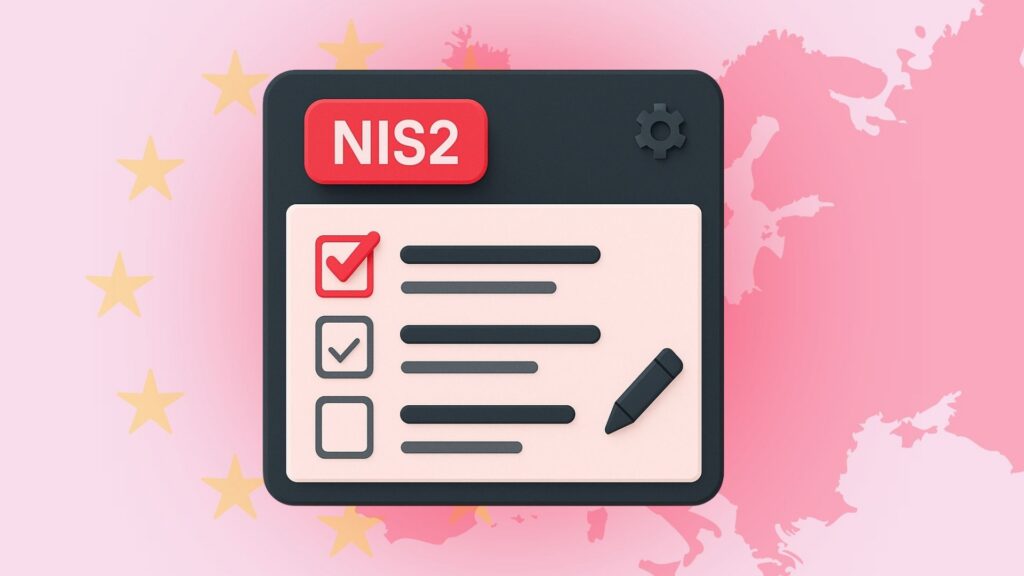
NIS2 Compliance: A Simple Guide to Get It Done Right
15/05/2025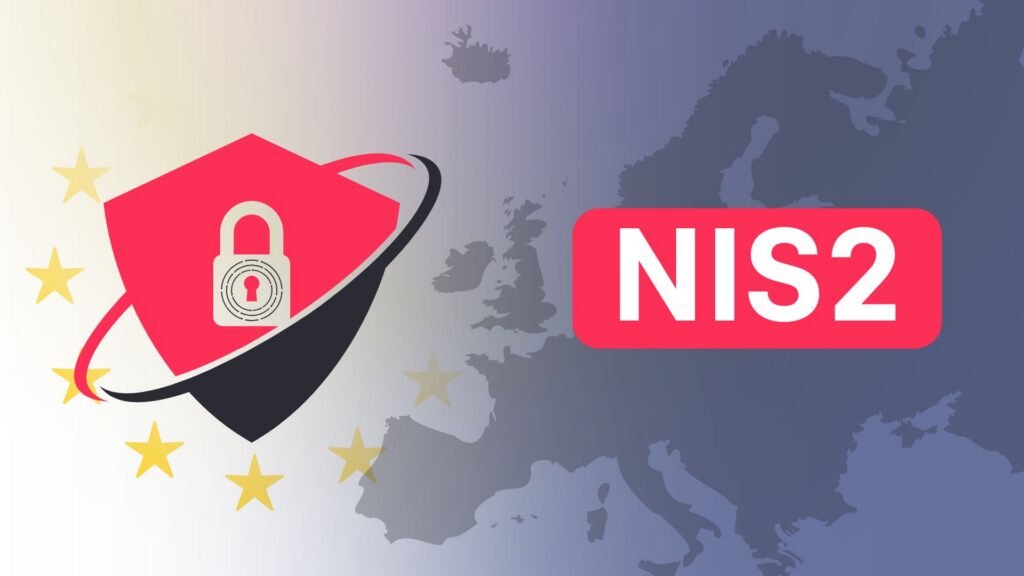
NIS2 Directive Explained: What Your Business Needs to Do Now
29/04/2025
Net Group Expands into Germany and Acquires Cybersecurity Company
04/04/2025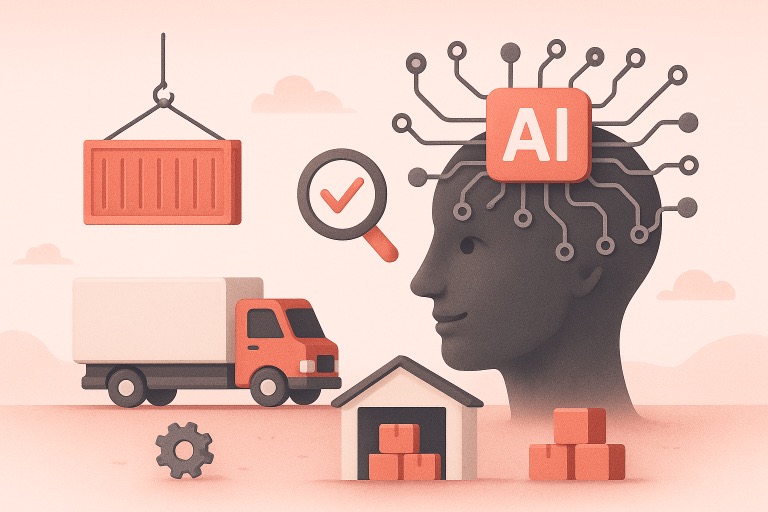
AI in Supply Chains: Precision, Profit, and Practicality (Today)
01/04/2025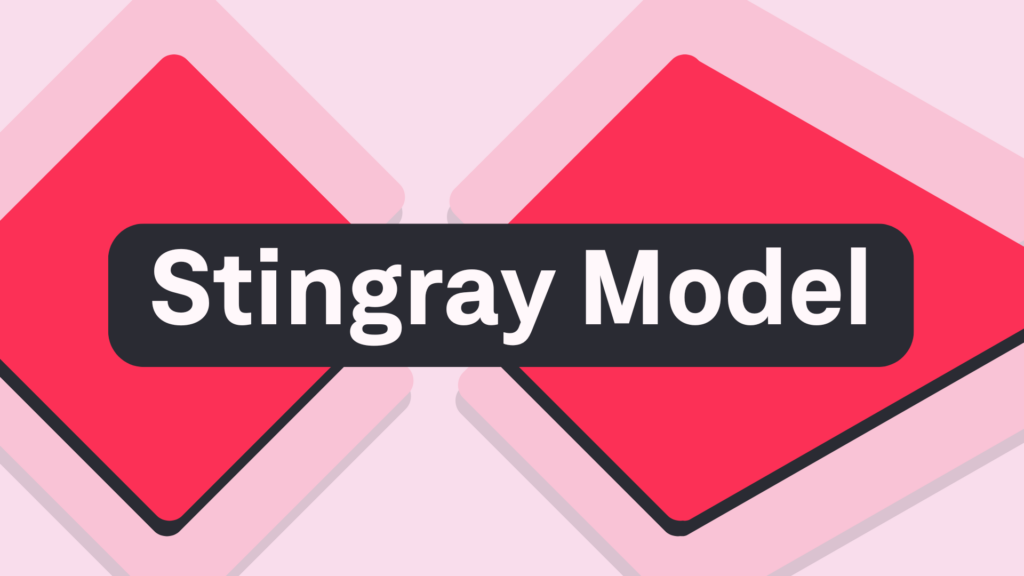
The New Playbook for Innovation: Stingray Model
24/01/2025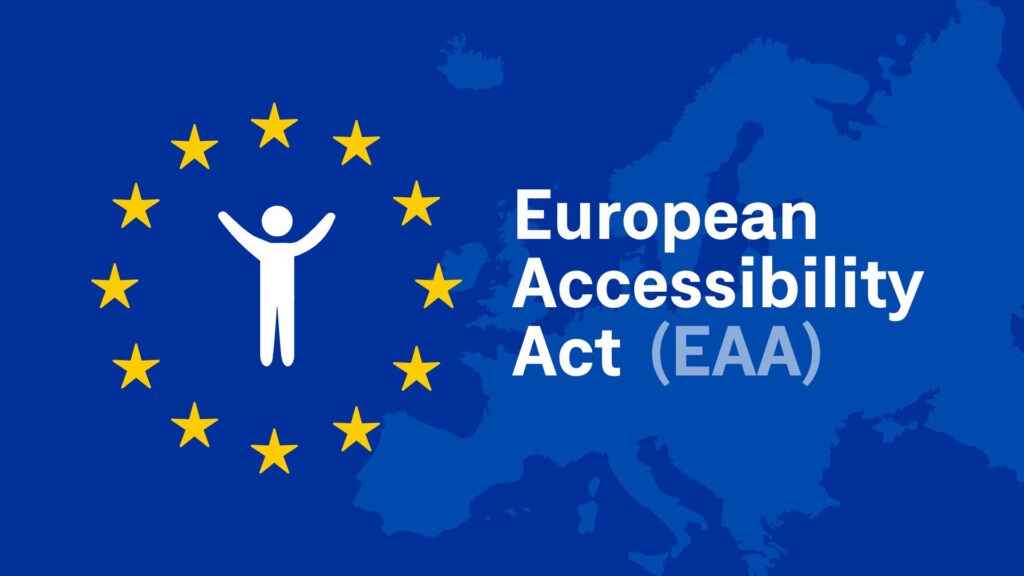
The European Accessibility Act: Is Your Business Ready?
06/01/2025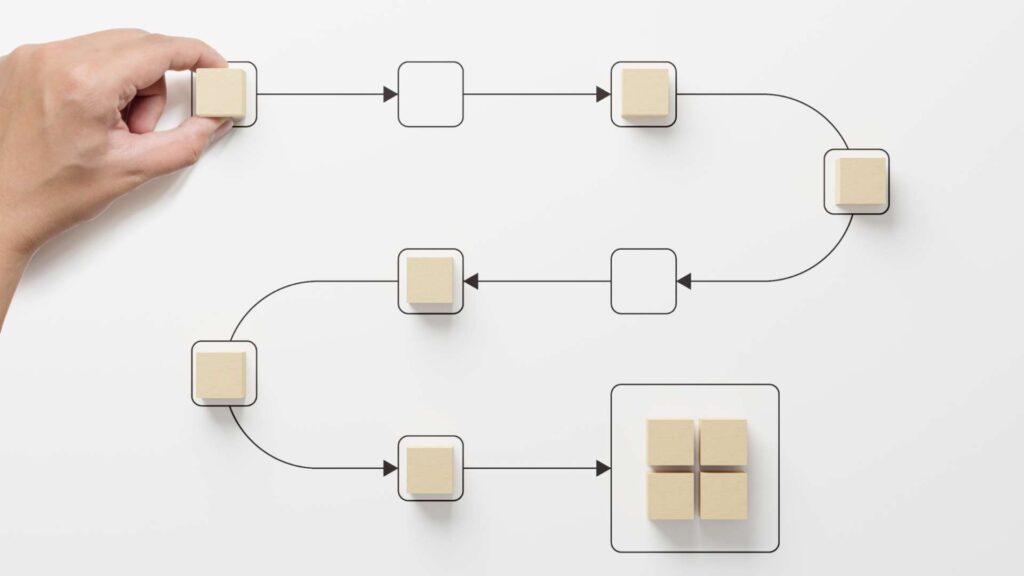
Evolution of Automation: Trust, Technology, and the Future of Work
12/11/2024
Has Anyone Told You About Digital Architecture Analysis Yet?
30/10/2024
Let the success
journey begin
Our goal is to help take your organization to new heights of success through innovative digital solutions. Let us work together to turn your dreams into reality.